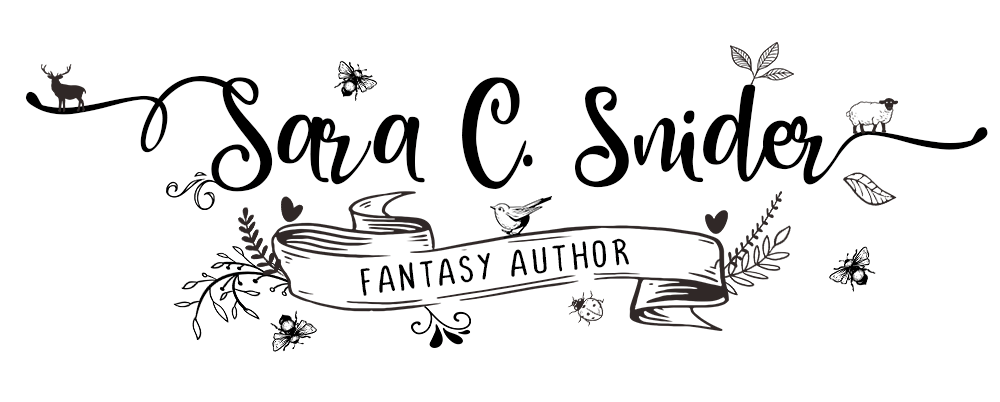“Deer Hunter and White Corn Maiden” is a lovely Tewa story that reminds me a lot of the Greek myth Orpheus and Eurydice, which has been a long-time favorite of mine.
The story
In this tale, Deer Hunter and White Corn Maiden are two beautiful, talented individuals that are thought to be gifted by the gods. They fall in love and marry, yet their infatuation for each other only deepens, and they in turn neglect their duties, traditions, and religious obligations.
When White Corn Maiden suddenly dies, Deer Hunter is inconsolable. He refuses to accept her death and, long story short, convinces her to return with him, promising he’ll always love her and be with her, no matter what.
Unfortunately, that doesn’t change the fact that White Corn Maiden is still dead, and dead people don’t exactly make pleasant bedmates. Her body continues to deteriorate, and Deer Hunter tries to avoid her, but White Corn Maiden holds him to his promise and follows him around wherever he goes.
In the end, having drawn the ire of the gods, they are put into the sky as a pair of stars. The brighter one being Deer Hunter, having been in the prime of his life; and the dimmer one White Corn Maiden, having died, yet forever following her husband through the sky.
Why I love it
It breaks my heart a little bit paraphrasing this story so crudely, because it really is beautiful and if you can (and have the inclination) it’s really worth seeking out to read in its entirety.
I love this story because it touches upon so much that I love in mythology and folklore. Like Orpheus and Eurydice, it’s portrays the mourning husband who refuses to let his dead wife go. I don’t know why that resonates with me so much (I’ve loved that Greek myth ever since I first heard about it, when I was around 12 or so I think). Maybe I just like the idea of loving someone so much that the laws of nature no longer have a say in the matter. It’s a beautiful notion, and, like my strong childhood desire for Narnia to actually exist, I suppose I want it to be true.
I also love myths that tell how constellations came to be, which this one has.
Lastly, this story is wonderful because it’s a little bit creepy. White Corn Maiden is dead. Her skin turns ashen; she develops an unpleasant odor. It’s both gross and interesting, and I love the contrast between the grotesque and beautiful. I give it 10 stars out of five. Truly love it.
Source: Erdoes, Richard, Ortiz, Alfonso, “Deer Hunter and White Corn Maiden”, American Indian Myths and Legends, Pantheon Books, 1985. Translated from the Tewa by Alfonso Ortiz.

Supernatural AtoZ


Such a sad and vaguely creepy story. As ever it’s a don’t cross the natural order and love can’t solve everything. Totally the opposite of a lot of modern romance really :). Thank you for sharing.
Tasha
Tasha’s Thinkings – AtoZ (Vampires)
You’re welcome. 🙂
Oh, this is a wonderful story! Thanks so much for coming by the Untethered Realms blog yesterday, I’m so glad to meet you and discover your blog as a result. Looking forward to reading more. 🙂
Thanks, Julie! Nice to meet you as well. Thanks for swinging by and you are certainly welcome back anytime. 🙂
Like you, I have always been particularly enthralled with Greek mythology. Stories that open the possibility that supernatural beings exist here among us is titillating in itself, and those that defy the bounds of our physical world can be a little terrifying. Of course, the gods always have the final say, and always put matters right. To have this particular story end so tragically yet beautifully is the stuff that makes for great romance. Thanks for sharing. 🙂
You’re welcome! Thanks for the great comment. 🙂
I’m a sucker for tragic stories, seriously. I think it’s the best kind of romance. Especially if they eventually become star constellations 😉
I also like tragic stories. And becoming a constellation is definitely a bonus. It’s like you’re all sad, and then, “Ooh, stars!” 😛
I have an evil sense of humor and am a horror lover, so I’m delighted with this macabre story! Thanks so much! 🙂
Glad you liked it, Lexa! 🙂
ooo! what a wonderful, sad, and tiny bit creepy tale.
i followed the link, and realized i may have the book. i just might have to dig it out of the box and reread them.
Definitely worth reading! 🙂
Lovely story.
This story doesn’t romanticise the act of death, having a decomposing corpse as a wife must have been unpleasant. But the love story is beautiful – love can conquer death BUT there are consequences. It is interesting how this kind of trope appears in many different cultures.
Sophie
Sophie’s Thoughts & Fumbles – A to Z Ghosts
Fantasy Boys XXX – A to Z Drabblerotic
Sad, creepy, and yet so endearing. Definition of true and eternal love at its finest.
I found the full story and really enjoyed it. I wonder which stars this tale is refering to. I couldn’t find any information on that question.
It’s a great story. I don’t know about the stars in question. Would be neat to find out!